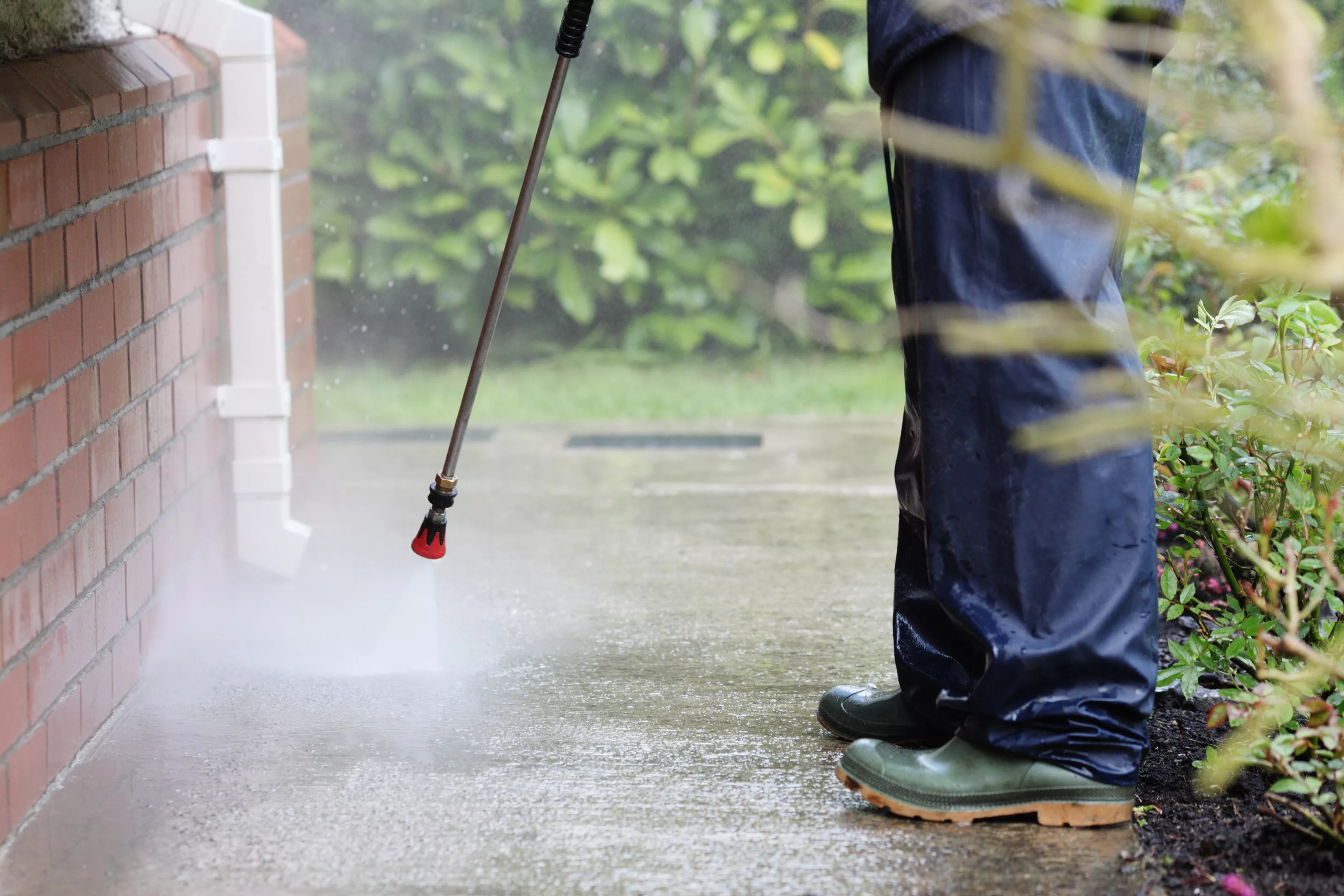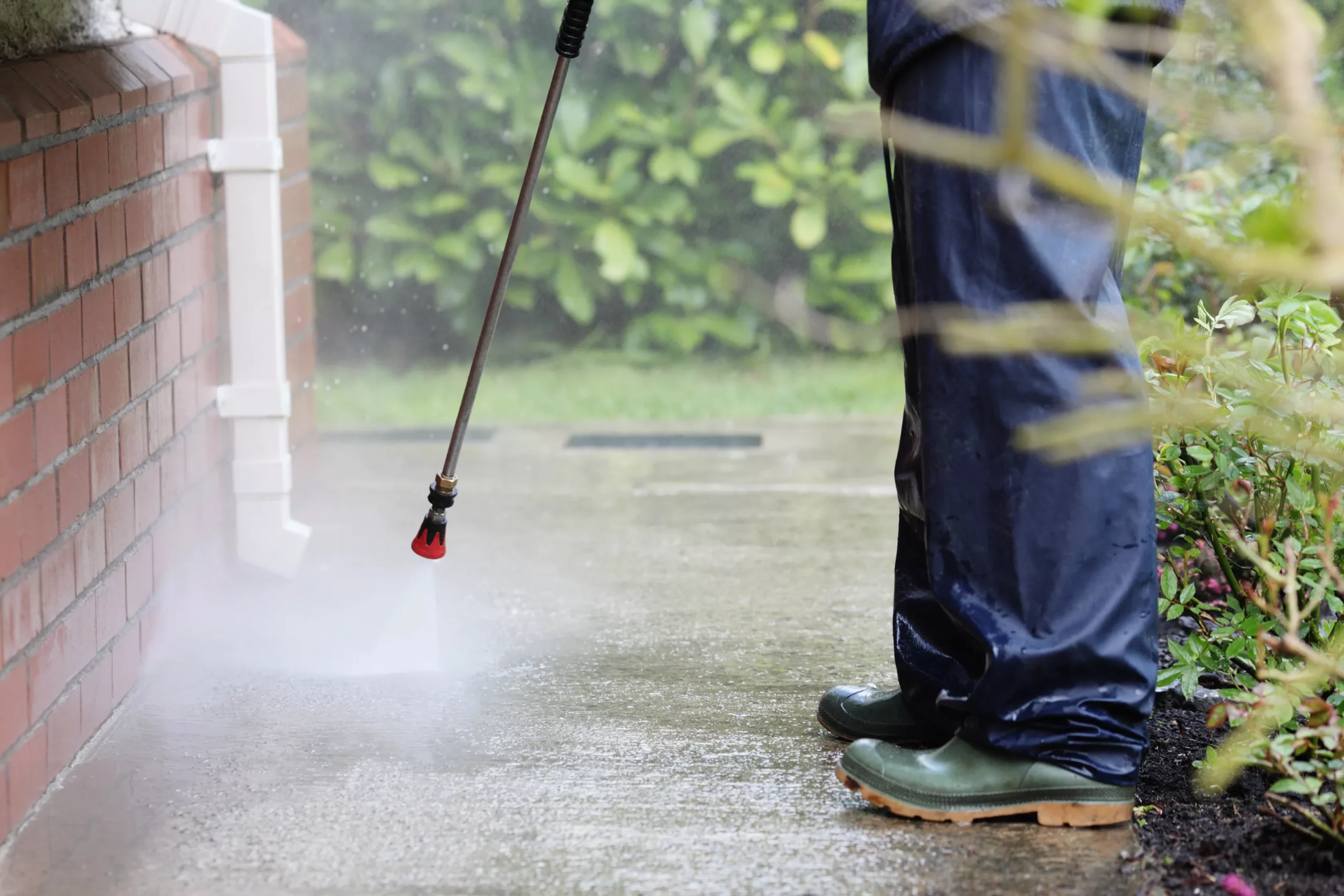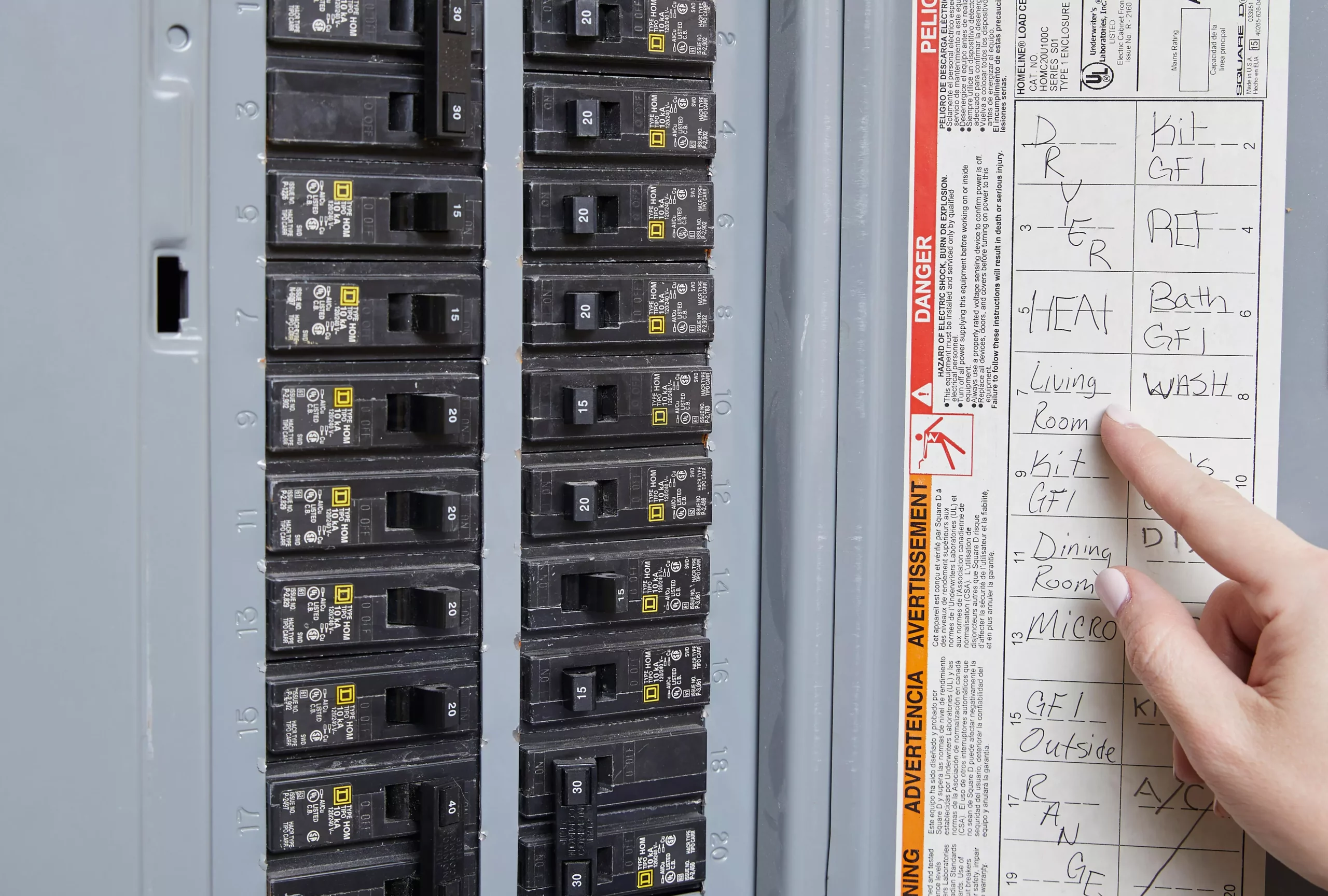Pressure washing your home is among one of the most efficient means to clean, lighten up, and renew its outside. The powerful water can escape years of dirt, grime, mildew, and much more without using rough chemicals. Yet, you shouldn’t over-use the stress washing machine, as you might harm the home’s outside.
To explain just how commonly you must push clean your residence, home maintenance professionals are sharing their top suggestions. And also, find out how points like climate, constructing product, and wear can influence the frequency of your cleaning schedule.
Exactly How Typically to Stress Wash Your House
On average, a lot of house owners must push clean their residences yearly. Some house owners may take advantage of even more frequent cleaning, while others might be able to skip a cleansing once in a while.
” For homes in damp regions, where mold and mildew, mold, and algae grow, I would certainly advise a pressure clean every six to twelve months for the maximum benefit,” says Orlando Penner of South Nation Sheds. “In drier climates, I would certainly resort to push cleaning just when per year or perhaps as soon as every 2 years.”
The Most Effective Time of Year to Pressure Clean Your Residence
The best time of year to pressure wash your residence is in the springtime. In many environments, spring presents cozy sufficient climate for stress cleaning with the included benefit of getting rid of fall and winter debris that has accumulated on and around your home’s outside.
” This is a good time since it provides you the possibility to remove mold, mold, and dust that accumulated over the winter months,” claims Angie Hicks, Co-Founder of Angi.
Hicks adds that, though you can additionally press clean your home during the fall, it will likely be covered in fallen leaves and various other autumn debris not long after you clean it, bring about a waste of water, gas, and time.Avoid Stress Cleaning in Winter
You may assume you can toss on your waders and a poncho, draw the pressure washing machine out of winter storage, and knock out some spring cleansing early, however pressure cleaning in cozy temperatures isn’t just about your comfort level. In reality, you need to think twice prior to stress washing your home in the wintertime.

Materials that might stand up to high-pressure water in cozy temps may become a lot more breakable throughout extreme cold, however Penner advises of a lot more likely cause of damages when water and cold temps combine.
” Be careful not to wash your home when it’s freezing outside, as it’ll cause architectural damage if you have even the smallest splits,” he warns. “Water often tends to increase in freezing temperature levels, so if it enters your cracks and increases upon cold, you’ll be entrusted to even larger cracks and more concerns.”
Exactly How to Pressure Wash Different Structure Materials
As you may expect, various structure products respond in a different way to pressure washing. Products like concrete, metal, and block generally stand up well to high-pressure cleaning, but softer, extra delicate materials can conveniently be harmed.
If you’re not sure just how your home’s exterior will certainly stand up to press cleaning, Penner recommends erring on the side of care. Even if you’ve stress cleaned your home in the past, you should constantly check your home completely prior to pressure cleaning to make sure the structure materials remain in adequate problem to stress laundry once more.
” For a winner, utilize reduced stress and evaluate the performance to make the next decision,” he advises. “For example, if the brick is eroding, I would certainly stay clear of high stress to prevent further disintegration. For products such as composite and plastic, use medium to reduced stress. For timber and roof products, always consider low stress to stay clear of any damages.”
Penner recommends referencing this cheat sheet when identifying how much stress to utilize on various products:
Material P.S.I.
Concrete (Driveway, Pathway, Foundation) 3,000 to 4,000
Block (Outside Walls, Patios, Retaining Walls) 2,500 to 3,000
Steel House Siding (Aluminum, Steel) 2,000 to 2,500
Plastic Siding 1,500 to 2,500
Composite Decking 1,500 to 2,500
Wood Decks & Fences 500 to 1,200
Timber Siding 0 to 500
Residence Materials You Ought To Never Pressure Wash
. Hicks advises that particular sorts of building products should not be pressure washed whatsoever, consisting of the following:.
Surfaces repainted with lead paint.
Surfaces with electrical components.
Windows and glass that might break.
Roof shingles.
Seamless gutters that may be at risk to damage.
Awnings and comparable coverings that might be quickly damaged.




